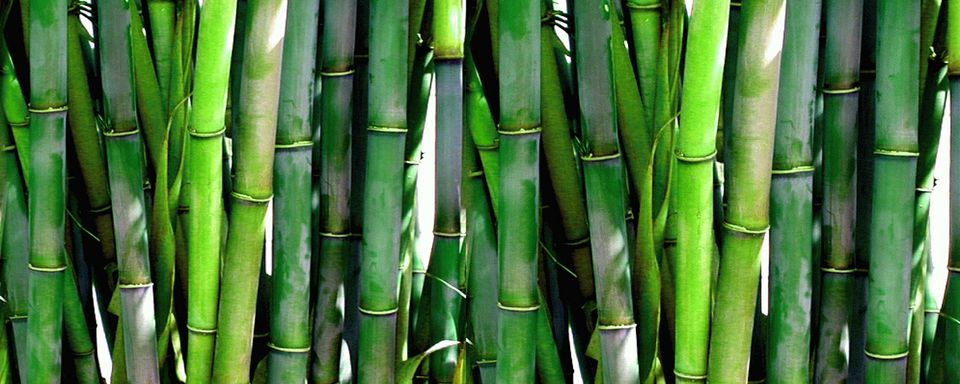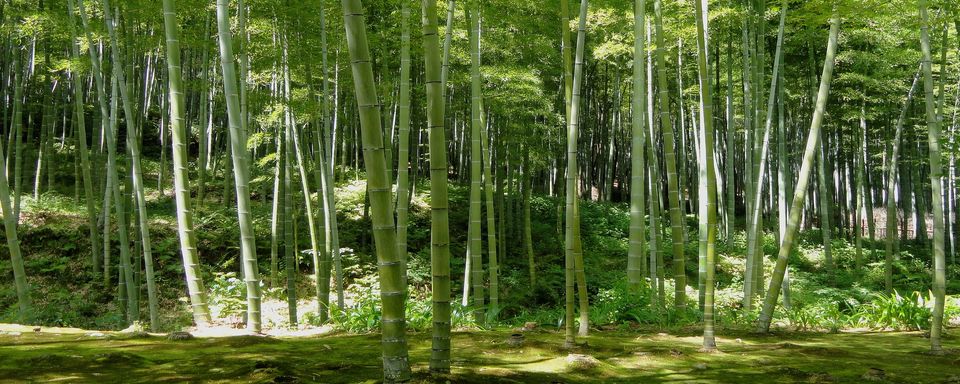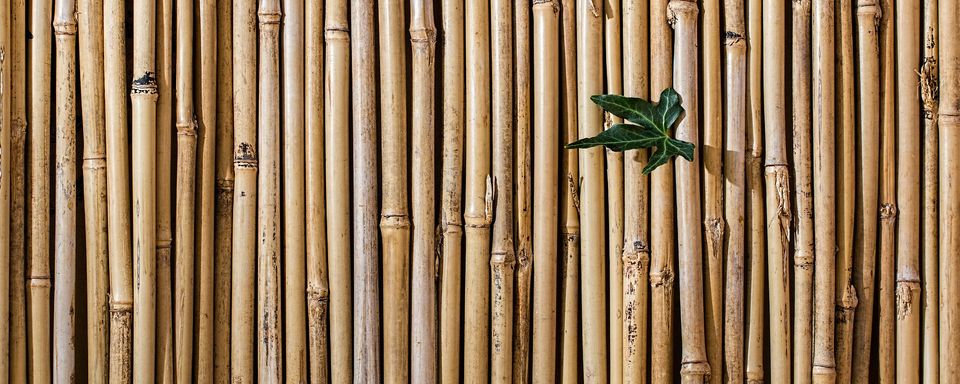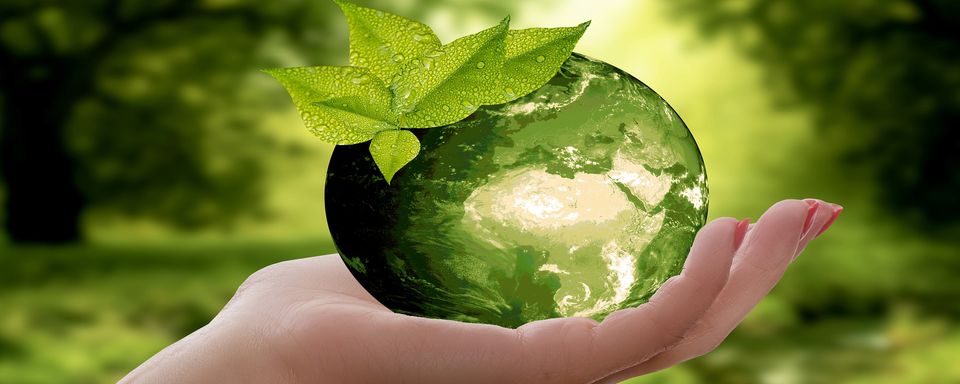Why is bamboo sustainable?
Why is bamboo sustainable?

Bamboo is enjoying a moment in the spotlight right now, thanks to being one of the most sustainable materials in the world. But what makes it so advantageous, eco-wise? Being used to create everything from compostable toothbrushes to fashionable sunglasses and even building components, it’s the new wonder material that has, in fact, been around for many years.
So, what’s all the fuss about? In short, we need to make a change and look at investing in sustainable, renewable materials that won’t deplete, and bamboo is up there with the best of them. Here's why:
1. It can grow basically anywhere
Bamboo is very unfussy when it comes to optimum growing conditions. Able to flourish in drought-ridden areas as well as wetlands and with varying amounts of sunshine, if you plant it, it will grow. This makes it fantastic for developing countries as well, where a marketable product is key to economic growth.

2. It nourishes the soil where it grows
What could be more eco-friendly than a material that gives back to the soil where it shoots up? Instead of just sucking out all the nutrients, bamboo leaves behind its roots to nourish the earth and allow for new batches to grow.
3. No pesticides are needed to grow it
No artificially added chemicals are needed to make bamboo grow, so wave goodbye to harmful additives. We all know that leaving chemicals behind is key and its great to know that nothing made from bamboo will have chemicals contained within it.
4. It’s incredibly versatile
This is a key selling point of bamboo as a sustainable material. Far from only being suitable for a handful of applications, it can be used in a staggeringly diverse range of ways. From paper to fabric, furniture and building materials, it is very adaptable. Bamboo fibres are also stronger than wood fibres, so that’s worth bearing in mind for the longevity of a product.

5. There’s no waste created in its cultivation
While the roots are left in the soil to nourish it and begin a new crop of bamboo, every other part of the plant can be used, leaving no waste. You don’t get more eco-friendly than that.
6. It grows phenomenally quickly
The rate at which bamboo grows is almost supernatural. Some varieties can shoot up three feet in one day, making it one of the most easily replenished materials in the world. When you factor in the lack of special conditions needed as well, this is extra impressive.
7. It gives back to the planet
Here’s the real eco-kicker when it comes to bamboo; it absorbs harmful greenhouse gases. Sucking in plenty of carbon dioxide, it then emits 35% more oxygen than a comparable amount of hardwood trees.
8. It is totally renewable
We’ve saved the best for last. Bamboo is a totally renewable resource that can be harvested in a fraction of the time that traditional wood requires, while emitting oxygen and needing no special attention. To put this into context, hardwood needs 40 years to mature whereas bamboo needs, at most, five.

When you combine all of these elements, what you have is a totally eco-friendly offering that is a viable alternative to non-sustainable materials. It’s the future, it’s green and it can be used to make an array of conscious consumables. What’s not to love about bamboo?
